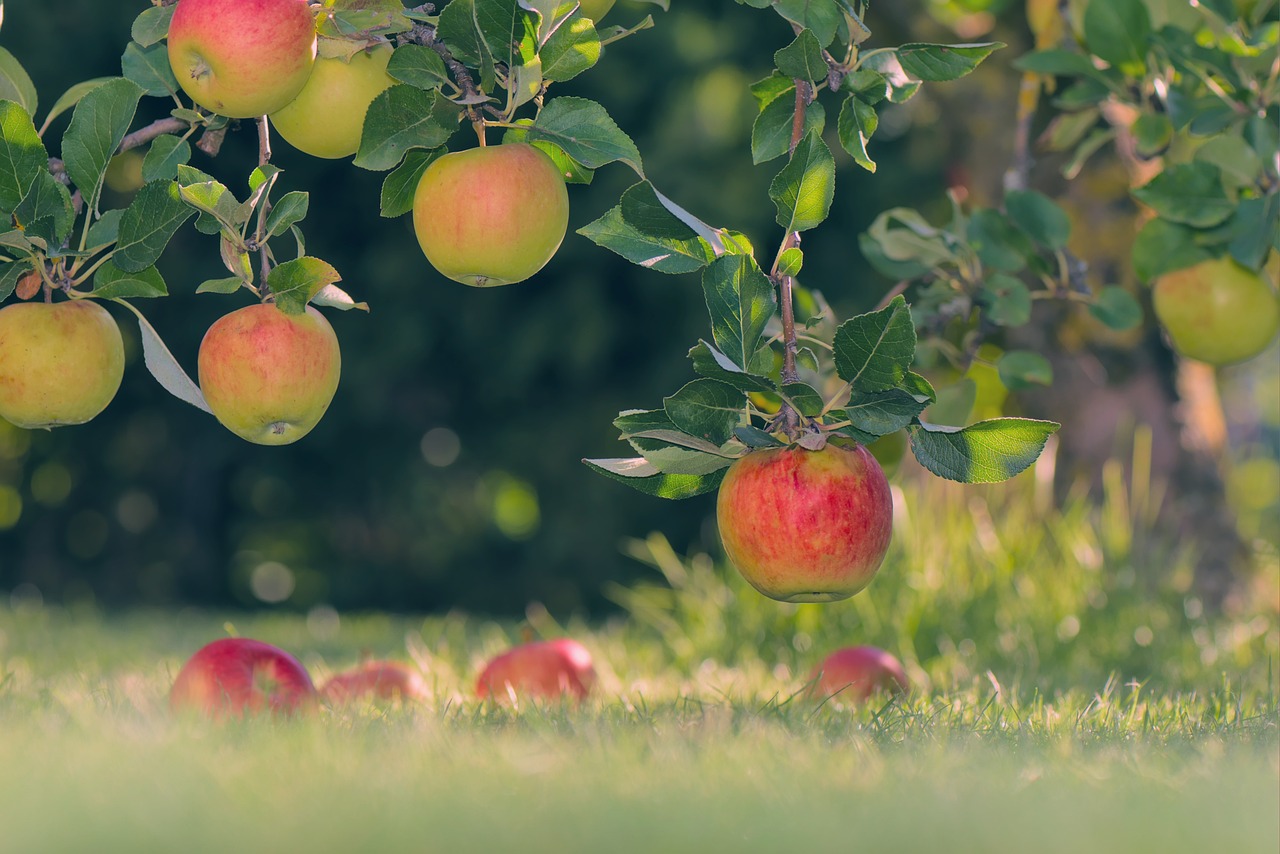We all need to become more self-sufficient, and here’s how you can get started.

Self-sufficiency can mean different things to different people, but generally, it refers to the ability to provide for oneself without relying on others or more importantly, the system. There are many ways to get closer to self-sufficiency, though the practices may differ somewhat depending on your living situation, your lifestyle and your goals. Here are some general tips that may help you progress in the pursuit of self-sufficiency:
Start growing your own food
Whether you have a large garden or just a few pots on a balcony, growing your own fruits and vegetables can help you become more self-sufficient in terms of food. Container gardening is an entirely possible option for most foods and perennials. I have yet to come across something I wished to grow but could not grow in a container. If you are living in an apartment without a balcony or veranda, you can still explore growing food on windowsills, growing food inside with the aid of heated mats and grow lights, the use of hydroponics or indeed growing your own mushrooms. A simple way to start could be to grow a few of your favourite herbs on your kitchen counter.
Learn new skills
We used to be very knowledgeable in terms of practical skills, before the age of technology took over and we began outsourcing everything. Take back your power by learning essential skills and thereby lowering your dependence on others to meet your needs. Take classes or workshops to learn skills like woodworking, sewing, crochet, knitting, gardening, cooking, or even . The more skills you have, the less you’ll need to rely on others for help. It would be most useful to learn how to cook, garden, or fix things around the house that can all help you save money and become more self-sufficient.
Reduce your dependence on utilities
Consider investing in and installing solar panels, using rainwater harvesting or indeed engaging in the building of a well, or even composting to reduce your reliance on utilities like electricity and water.
If you do decide to grow your own food, then may I suggest the use of a composting toilet and using your feces and urine as fertiliser in your garden. Mind you that you cannot treat human waste as though you would cow muck or hen feces. Urine must be heavily diluted before it may be used as fertiliser, but depending on the plant, it can greatly benefit from such a natural fertiliser. The greater you care for your body and your health, the better and purer your urine will be for them. Feces on the other hand must be composted for one year before they may be used as compost when growing your own food.
There is an excellent book on the matter called The Humanure Handbook. Should the topic interest you, I certainly recommend reading it. By making use of your own waste, you needn’t rely on plumbing, water and electricity to simply have the potentially useful waste flushed away.
Reduce/pay off your debt
The less debt you have, the easier it will be to become self-sufficient. Consider creating a budget and paying off any outstanding debt as soon as possible.
Build your own community
Self-sufficiency doesn’t mean you need to do everything on your own. It is rather the opposite. Building a supportive community of friends and neighbors can help you share resources, knowledge, and support.
Live frugally
By living frugally and making smart financial decisions, you can save money and reduce your dependence on others. The fewer expenses you have, and the fewer fixed expenses you have, the less dependent you need be on money. That will allow you to focus more on what interests you and on your own health and wellbeing.
Invest in sustainable technologies
Investing in technologies like solar panels or rainwater harvesting systems can help you reduce your reliance on outside resources.
Prioritise your health
By prioritizing your health, you can reduce your dependence on the healthcare system and become more self-sufficient. Explore the world of natural medicine and consider alternative treatments for ailments that you may presently take pharmaceuticals to treat. Herbal medicine, Chinese medicine, tapping, meditation, yoga, ayurveda, the practices of the Medical Medium and time spent in nature are all natural ways of natural health that you may look into and pursue.
Good luck!
Discover more from Desoullife
Subscribe to get the latest posts sent to your email.
